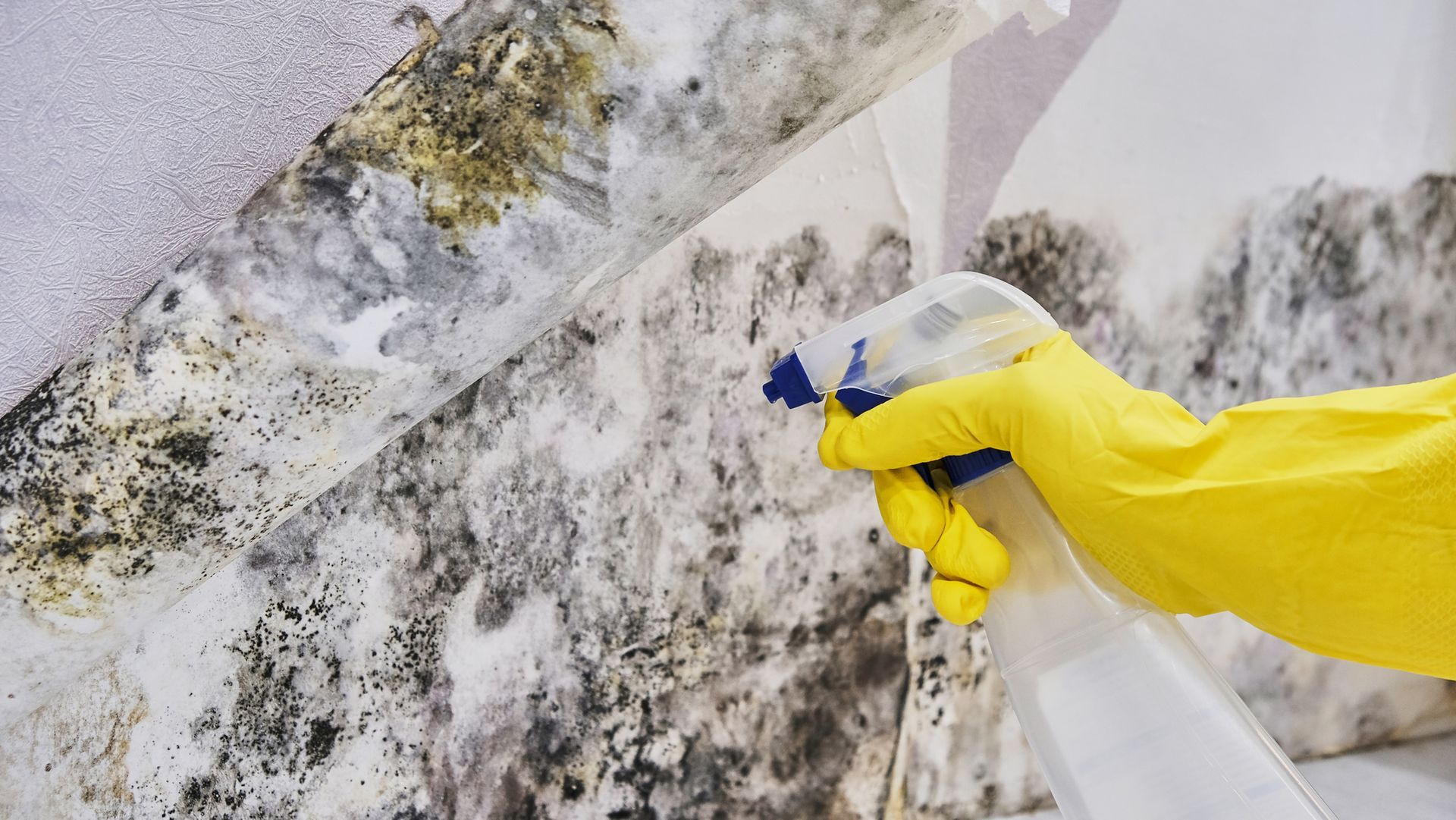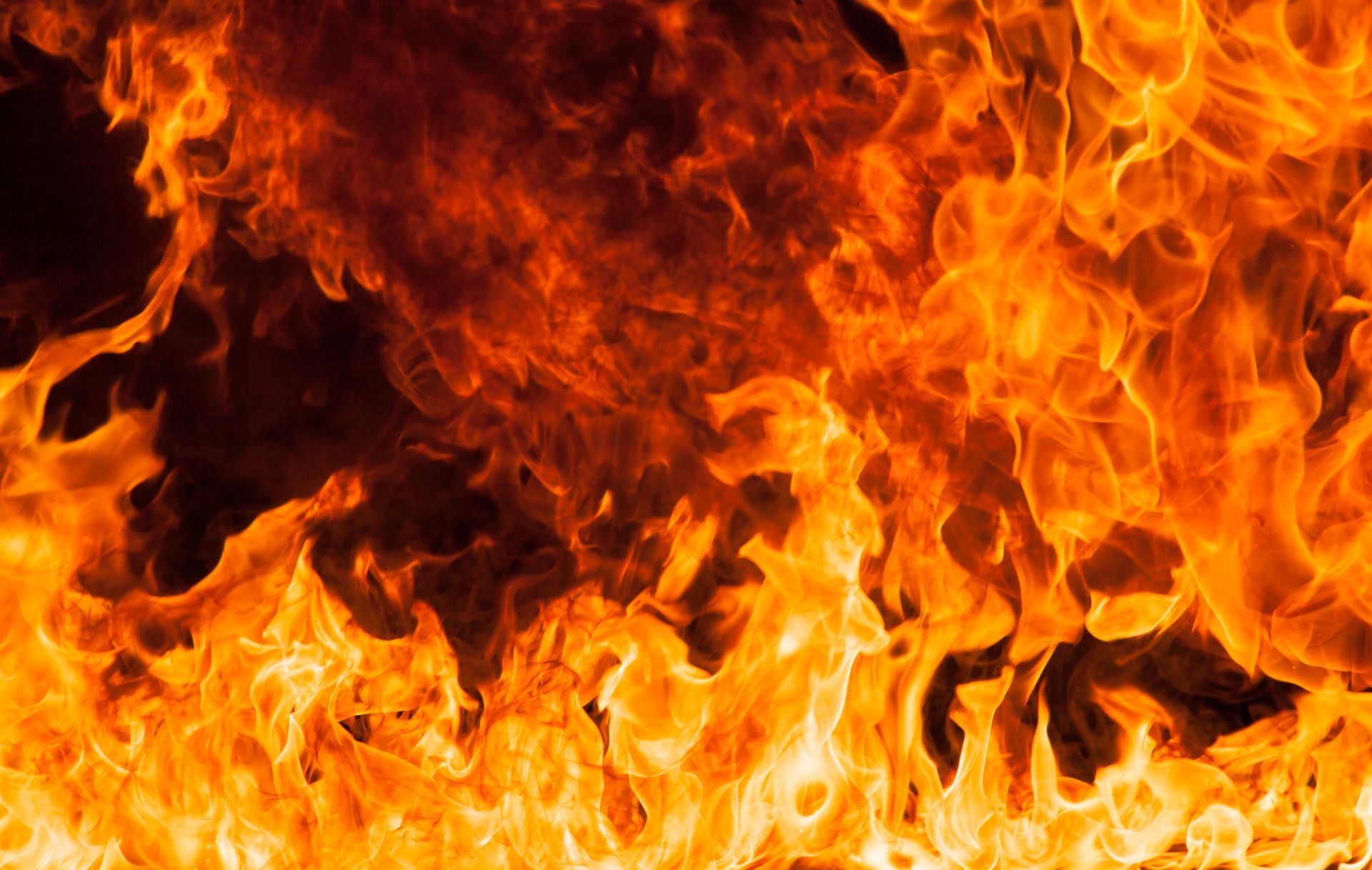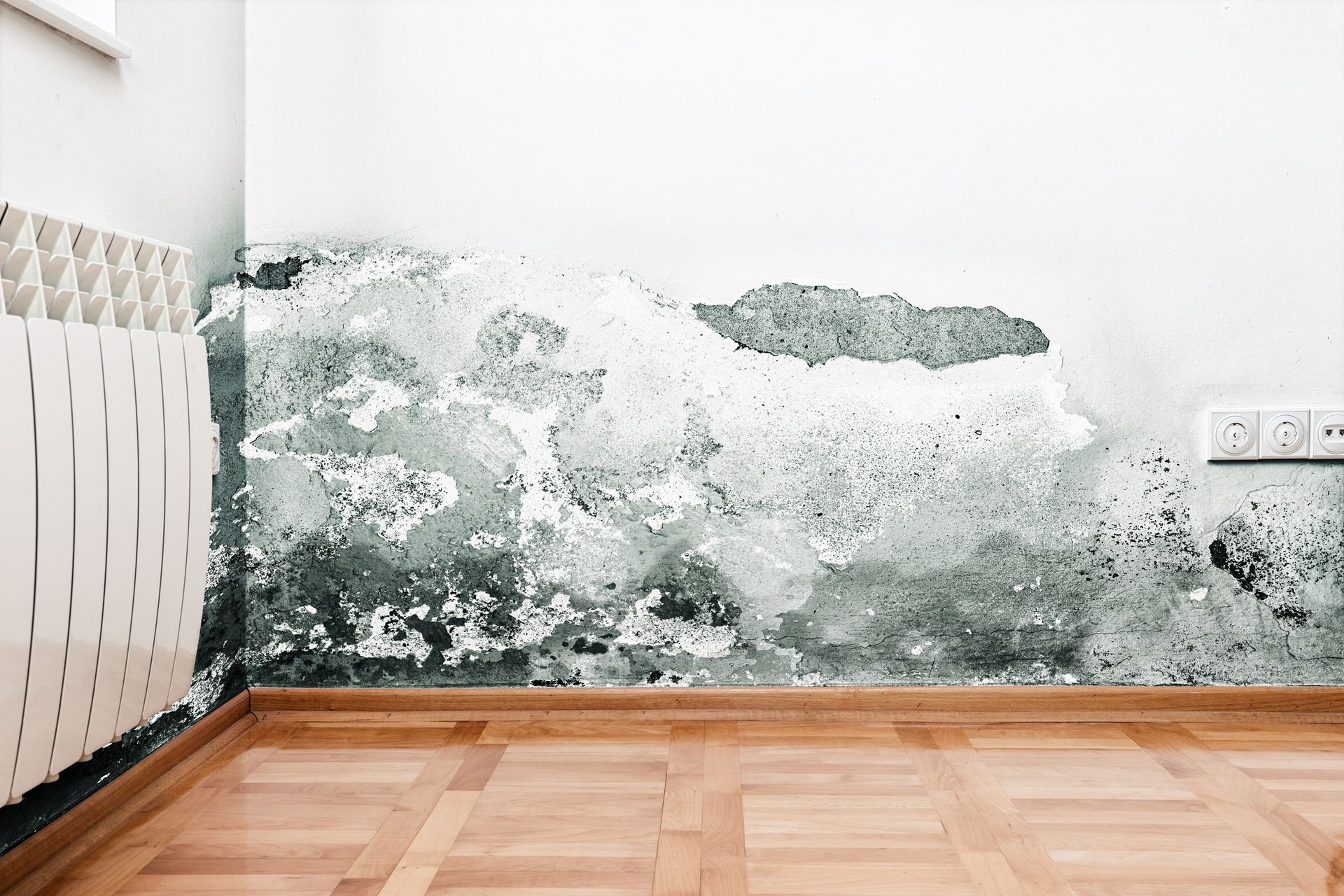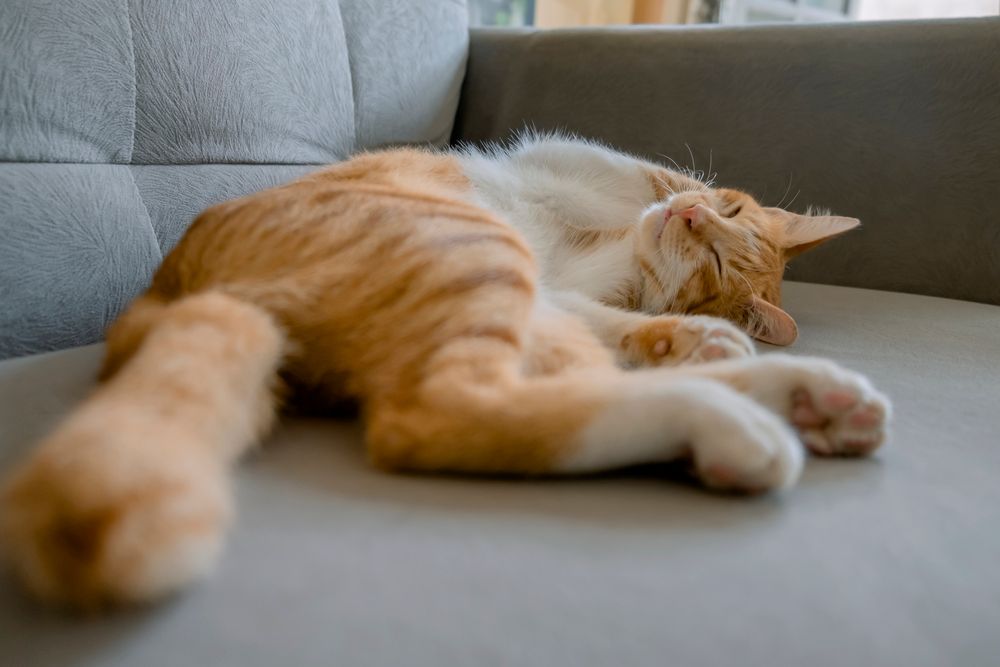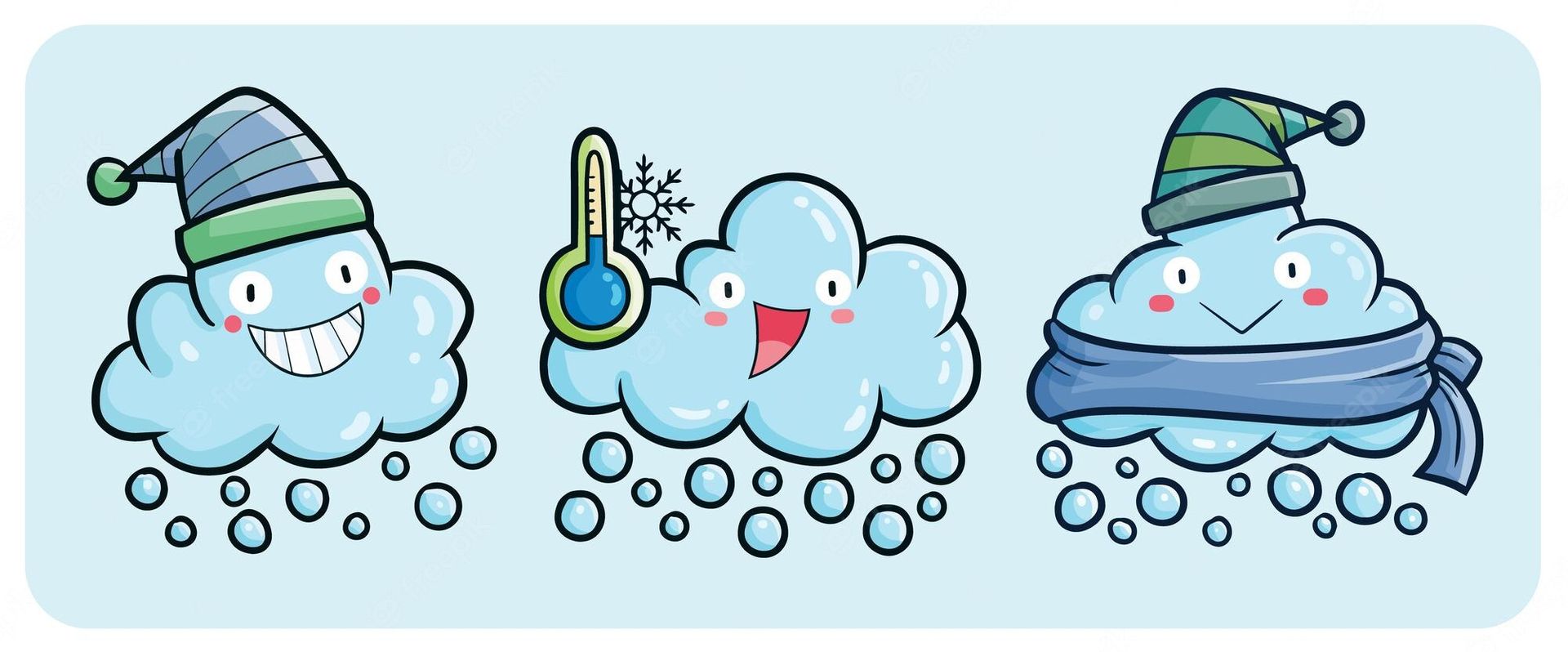Chimney Liners: Do You Need Them?
Chimney Liners: Do You Need Them in Towson, MD?
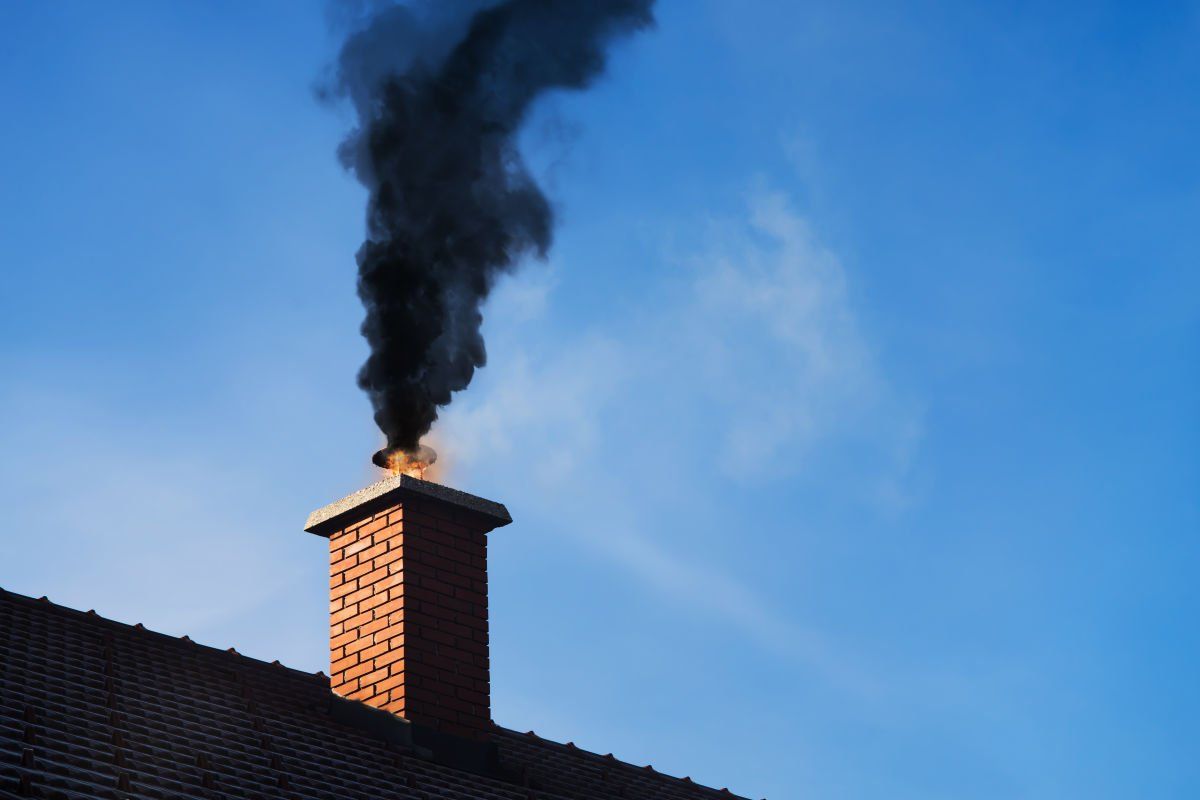
Chimneys have to be secure. The chimney must manage heat without destroying the home, whether you burn wood in the fireplace, have a furnace that vents through a chimney, or use a gas insert or hardwood stove.
The chimney liner, as the name implies, is a protective barrier constructed of steel or ceramics. The objective of a chimney liner is to insulate heat that passes through the chimney. It safeguards the home's combustible components. Do you, however, require one at your Towson, MD residence?
Why should you be concerned about the chimney liner?
The efficiency of the liner might be harmed by damage or cracks. It is thus dangerous to start the fireplace or burn the stove. Furthermore, home inspectors would not pass your property during an inspection, making it more difficult to sell.
Chimneys were not lined or equipped with clay linings in the past. This might quickly result in a crack or other damage. If you have an older property, you should have a masonry specialist inspect the chimney and analyze its heat resistance.
If you burn wood in your fireplace, you should have the liner inspected periodically. It's a good idea to clean the chimney. Creosote, a residue left over after burning wood goods, can pile up in unlined chimneys and create major fire problems.
When do you need a chimney liner?
Because it's difficult to view the chimney from inside, deciding whether or not to install a chimney liner can be difficult. There are four indicators that you require a chimney liner:
- The chimney walls are degrading at a rapid rate: If the liner is not in good condition, humidity and heat can cause the bricks or mortar to deteriorate at a faster rate than usual.
- If you're moving into a new house with a chimney: double-check to see if it's lined. The home may have an original clay liner that has been deteriorated by age and use.
- When there's an issue with condensation: Water in the chimney isn't a good indication. Moisture can wreak havoc on chimneys. The liner will help insulate your chimney and prevent moisture from escaping.
- When changing a fireplace from wood to gas or vice versa: it is critical to have the chimney liner examined and verify it is in excellent working order.
It might be difficult for a homeowner to inspect the state of their chimney. It is beneficial to hire commercial chimney liner experts to assess the state of your chimney and evaluate if it is safe to use. Make a mental note of any changes in a chimney's performance.
Benefits of Installing a Chimney Liner
The most important benefit of having a chimney liner is that it improves the safety of a home and its occupants. Carbon monoxide, a by-product of combustion that may cause serious damage and health problems, is released by the heat. Chimney liners keep carbon monoxide out of the house and allow for appropriate ventilation.
Similarly, if the fireplace is not adequately vented, heat and smoke might enter the house. This causes an excessive accumulation of combustible soot, which might result in a chimney fire. Chimney liners will keep soot from accumulating.
On the market, there are a variety of chimney liners to choose from. The kind to select is largely determined by how you want to utilize the fireplace or heat the flue. Whether you're switching from wood to gas or vice versa, you'll need a new chimney liner that's designed for that type of fuel. The same is true for heating and hot water equipment since different materials are appropriate for different types of fuel.
For over a thousand years, clay, brick, and mortar have been used to construct chimneys. You'll be OK if you get it cleaned and examined on a regular basis. Also, make it a habit to get a second opinion whenever possible. If one expert advises you to replace or reorganize the chimney, get advice from another expert in the subject.
Also, if the fireplace and chimney are being used as a furnace vent, you may not need to install a liner. This sort of chimney does not generate enough heat to cause masonry damage. Make careful to inspect the fireplace at least once a year. A skilled specialist can explain all of the advantages of a new chimney liner to you.
Don't hesitate to call Restoration 1 of Towson if your home or company has been destroyed by fire or smoke. Our experienced personnel will undertake emergency fire damage cleanup and any water damage caused by the fire, as well as odor removal services to eliminate any unwelcome smoke odors and restore your house/business to its pre-loss condition.

